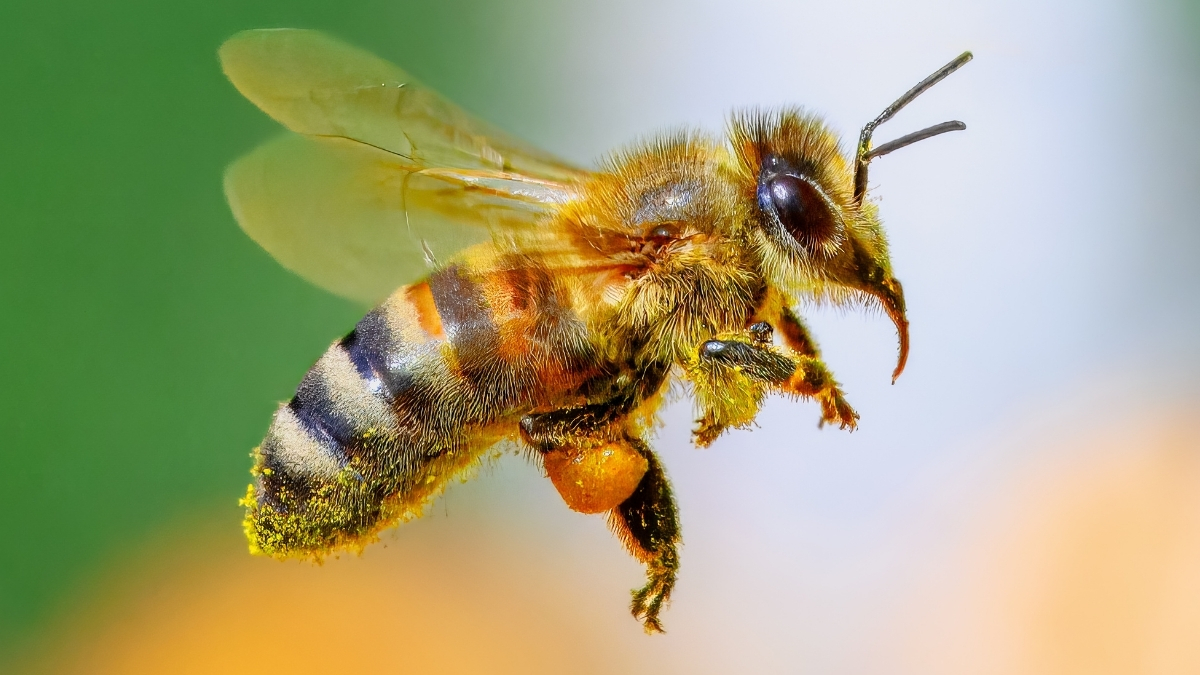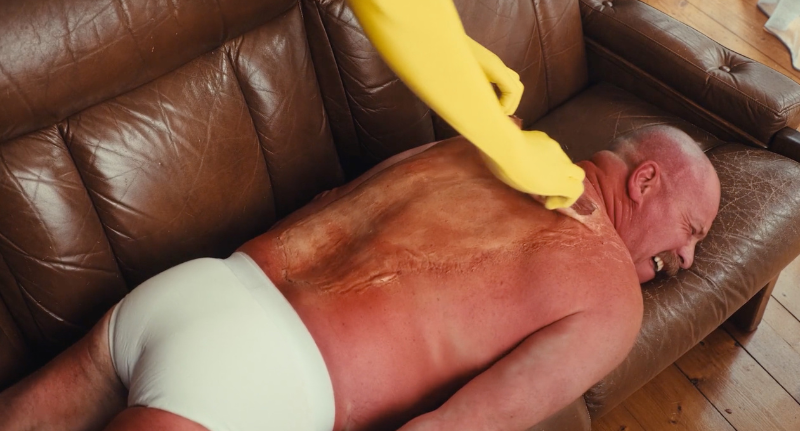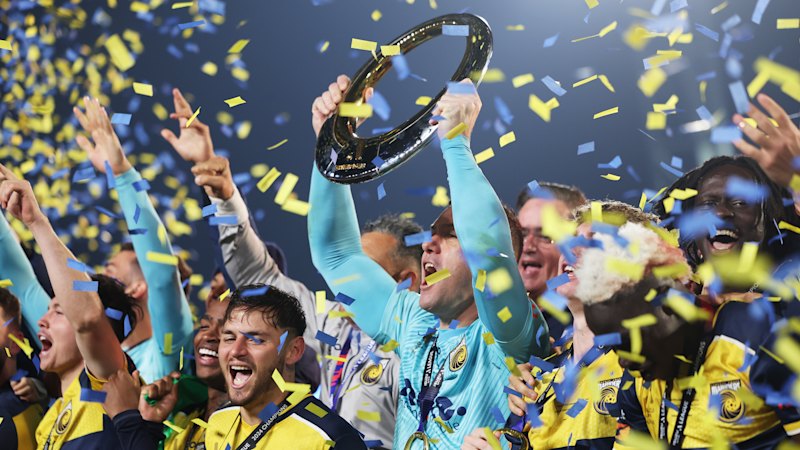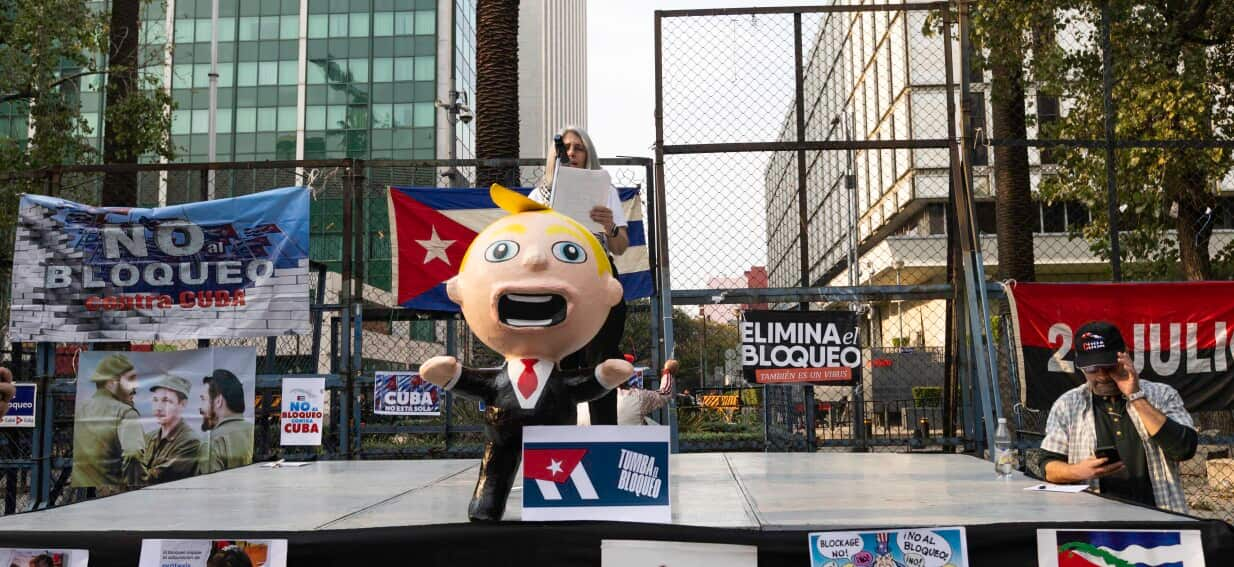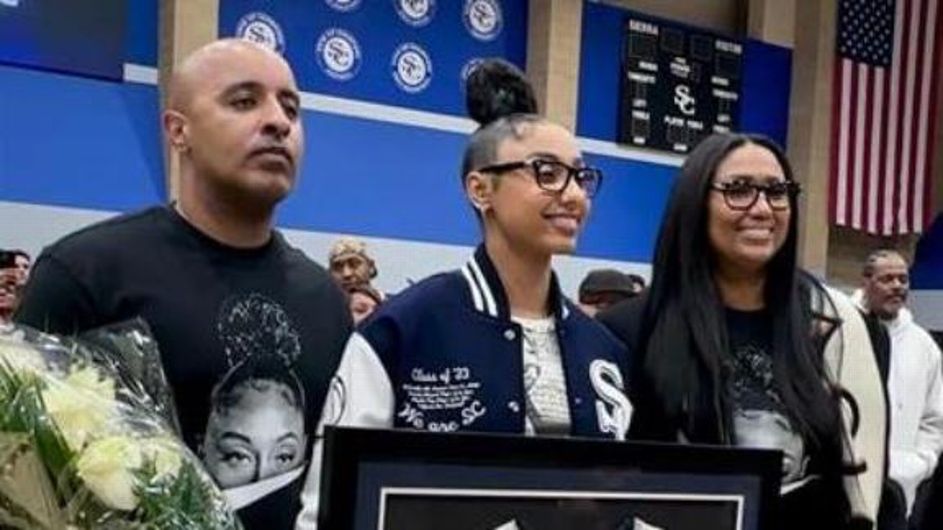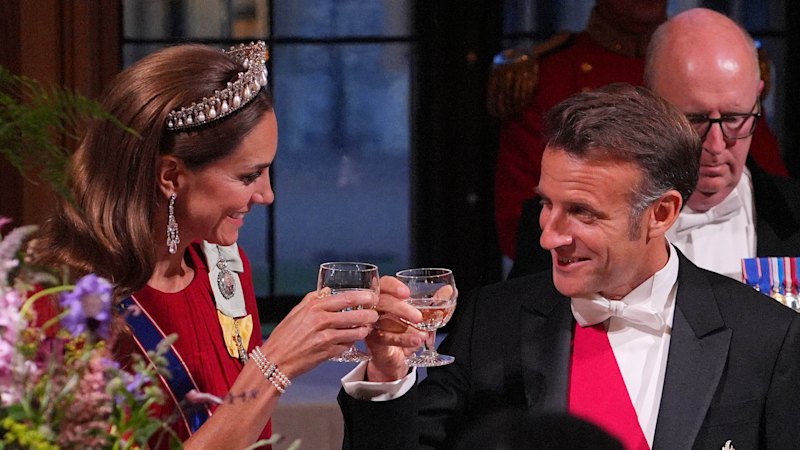
French President Emmanuel Macron has committed to achieving “tangible results” with the United Kingdom in addressing the surge of asylum seekers crossing the English Channel. This pledge was made during his state visit to the UK, where he was honored with a royal banquet at Windsor Castle. The visit, marked by grandeur and ceremony, included horse-drawn carriages, a military parade, and an address to the UK Parliament.
Hosted by King Charles, the state dinner at Windsor Castle was attended by numerous members of the royal family, including the Princess of Wales, who appeared at her first state banquet since 2023. The event drew significant media attention, particularly focused on the Princess of Wales following her recent absence due to cancer treatment. However, the visit also underscored the strengthening ties between France and the UK, particularly in areas of defense, migration, and trade.
Migration Challenges and Diplomatic Discussions
British Prime Minister Sir Keir Starmer is aiming to forge a migration agreement with President Macron during the three-day visit. The proposed “one in, one out” policy seeks to curb the flow of asylum seekers crossing from France by boat. Macron, while promising results, refrained from detailing the specifics of the deal. Addressing the UK Parliament, he called for a broader European agreement, noting the complexities as migrants traverse multiple countries seeking refuge.
“In this unstable world, hope for a better life elsewhere is legitimate,” Macron stated. “But we cannot allow our countries’ rules for taking in people to be flouted and criminal networks to cynically exploit the hopes of so many individuals with so little respect for human life.”
Starmer’s proposed agreement would involve France accepting the return of asylum seekers who cross the Channel, contingent upon the UK accepting some asylum seekers with family ties in Britain. Macron and Starmer met earlier in London to discuss the issue, which has become increasingly urgent as UK government figures reveal approximately 20,000 people have crossed the Channel in small boats in the first half of this year—a 48% increase from the same period last year.
Escalating Tensions and Policy Proposals
The situation escalated last week when French police reportedly used knives to deflate an inflatable boat carrying asylum seekers near Calais, forcing them back to shore. While French authorities deny any policy change, the UK government is pressing for more assertive interventions from French police.
Behind closed doors, Macron is reportedly urging Starmer to tighten welfare regulations, family reunification policies, and other measures to reduce the UK’s appeal to asylum seekers. According to The Telegraph, Macron is also advocating for a crackdown on illegal work, a significant issue as asylum seekers, unable to work legally, often resort to “black market” jobs.
Brexit Remarks and Broader Diplomatic Relations
During his address, Macron referred to Brexit as “deeply regrettable,” a comment that sparked criticism from some UK officials. Former Conservative Home Secretary Suella Braverman remarked that “the sooner Macron leaves the UK the better,” accusing him of disparaging the British people and their decision to leave the European Union.
Despite these tensions, Starmer and Macron have been working to project a united front, contrasting with the strained relations between the UK and the US under President Donald Trump. While Trump has sent mixed signals regarding support for Ukraine, both Starmer and Macron have pledged increased military aid and are scheduled to meet with Ukrainian President Volodymyr Zelensky later this week.
“Let’s be sure we will meet again for years and decades because we are linked by our geography, by our past, but we are linked by our common future,” Macron declared. “And the only way to overcome the challenges we have, the challenges of our times, would be to go together, hand in hand, shoulder to shoulder. This is our common destiny. Long live the United Kingdom, long live France.”
The state visit, marked by both ceremonial splendor and substantive diplomatic discussions, underscores the ongoing efforts by both nations to address shared challenges and strengthen bilateral relations. As the visit concludes, the outcomes of these discussions remain to be seen, particularly in the realm of migration policy and broader European cooperation.

